About Us
Advertise With Us
RSS Feed | Content Syndication
Terms & Conditions
Privacy Policy
Contact Us
BollywoodShaadis.com © 2025, Red Hot Web Gems (I) Pvt Ltd, All Rights Reserved.
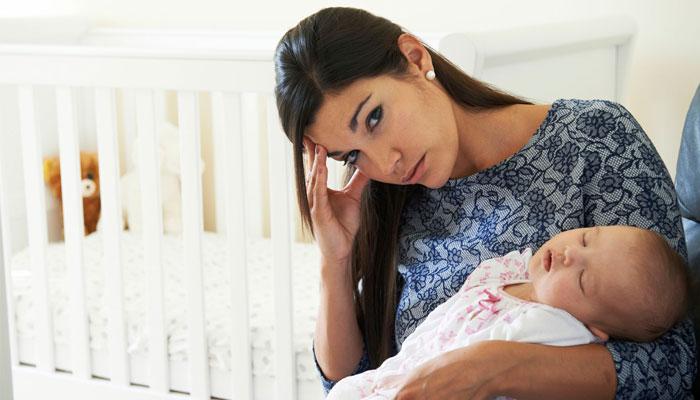
Becoming a mother is a wonderful feeling. Bringing a new life into this world is surely a big responsibility, but also a beautiful miracle. A mother's body changes and she goes through excruciating pain in order to deliver her child; but, she does all this gracefully for her baby.
All the mothers feel tired and a little moody for a while after the delivery because of the medicines and strength that they had to put while giving birth. These baby blues can last up to 2 weeks and are completely normal, but if yours have stayed longer than that, then, you might be suffering from postpartum depression. Here is everything that you need to know about postpartum depression and its symptoms.
Recommended Read: 5 Pregnancy Complications Every Woman Above 30 Must Be Aware About
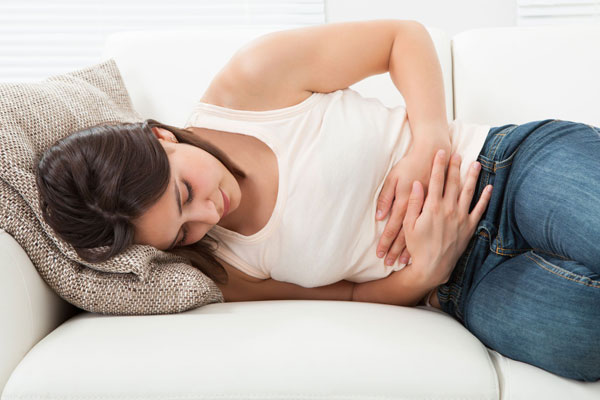
The most common symptoms of postpartum depression or PPD includes crying all the time, feeling extremely exhausted, intense sadness, emptiness and hopelessness, changes in the sleeping pattern, sudden weight gain or weight loss, feeling unworthy or guilty, difficulty in concentrating, being angry, worrying too much about the baby and being uninterested in attending or taking care of the child. If you have been experiencing these things for more than 2 weeks, you might have postpartum depression.
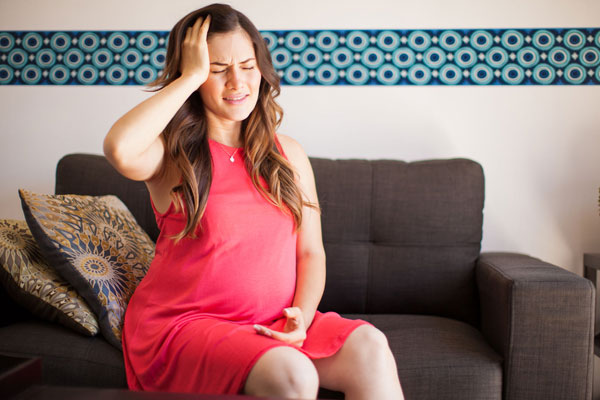
Postpartum depression, in most cases, start once the child is born, but in some cases, it starts during the pregnancy itself. The symptoms of PPD are same for, during and after the delivery. You might worry a lot about the child or become insanely cold towards it. So, it can be both pre- or post.
Also Read: 5 Common Mistakes Most Woman Make During Pregnancy
Continue reading below
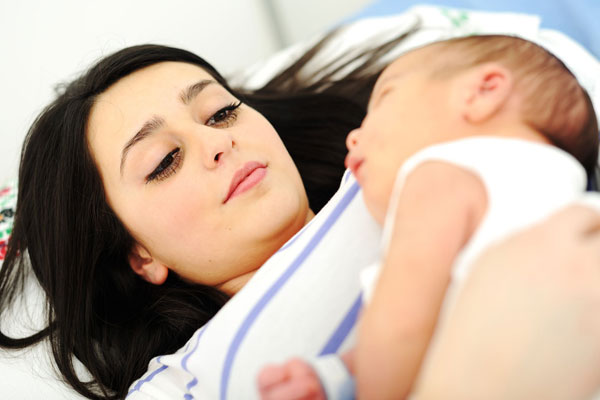
PPD is beyond a mother’s control. It is a result of the hormonal changes, exhaustion and other emotional and environmental factors. Sleep deprivation and the constant worry of not being able to become a successful parent can aggravate PPD. After the childbirth, some mothers feel empty which leads to baby blues. Also, if you have had depression or anxiety during the pregnancy, you should prepare in advance because it is likely that you will have PPD.
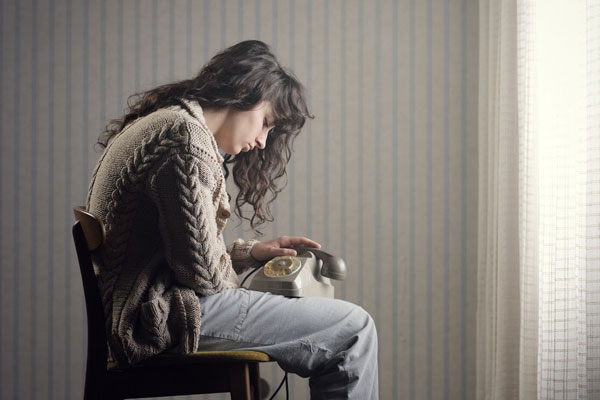
Clinical depression can happen because of many factors and can occur at any time, but PPD is related strictly to the pregnancy. A sudden change in the hormones can cause PPD in those women who are highly sensitive to the change in oestrogen and progesterone levels or have had traumatic childbirth. A clinical depression can occur due to fluctuation in minerals and vitamins in one’s body, defected neurones, environmental stress and more. Clinical depression can last longer than PPD and is recurrent.
You May like: Emotional Journey Of A Woman During Pregnancy
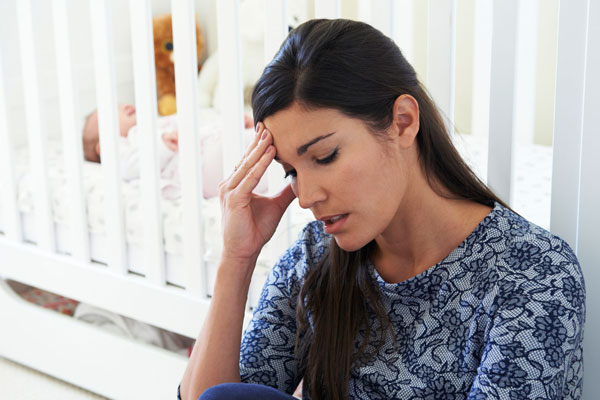
PPD needs to be carefully treated for the sound health of the mother and the child. Its treatment is the same as that of depression. Your doctor will prescribe antidepressants to you. Those will help to regulate the brain chemicals and elevate your mood. Psychotherapy is another way in which PPD can be treated. You will have one-on-one sessions with an expert who will help you to deal with your blues. A combination of psychotherapy and medicines, however, is the best.
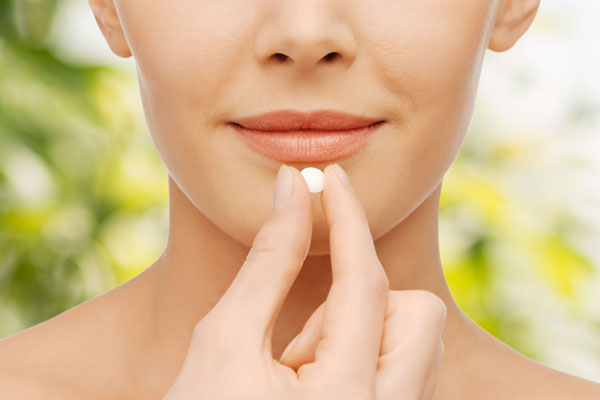
Most of the times, parents label PPD as post childbirth exhaustion. PPD needs to be taken seriously. If not treated, it can be hazardous to the health of the mother and the child. The mother can succumb to the lonely feeling which might make her inhospitable towards her own child. Thus, proper treatment is necessary.
PPD is more common than you think. Being uneasy or unhappy for a while after the childbirth is natural but being in that lonely state for long will not only be unhealthy for the mother but for her whole. PPD can be treated easily with medicines and love. Don’t let it keep you away from enjoying motherhood.
Recommended Read: 9 Early Signs That Give You Hint That You Are Pregnant
